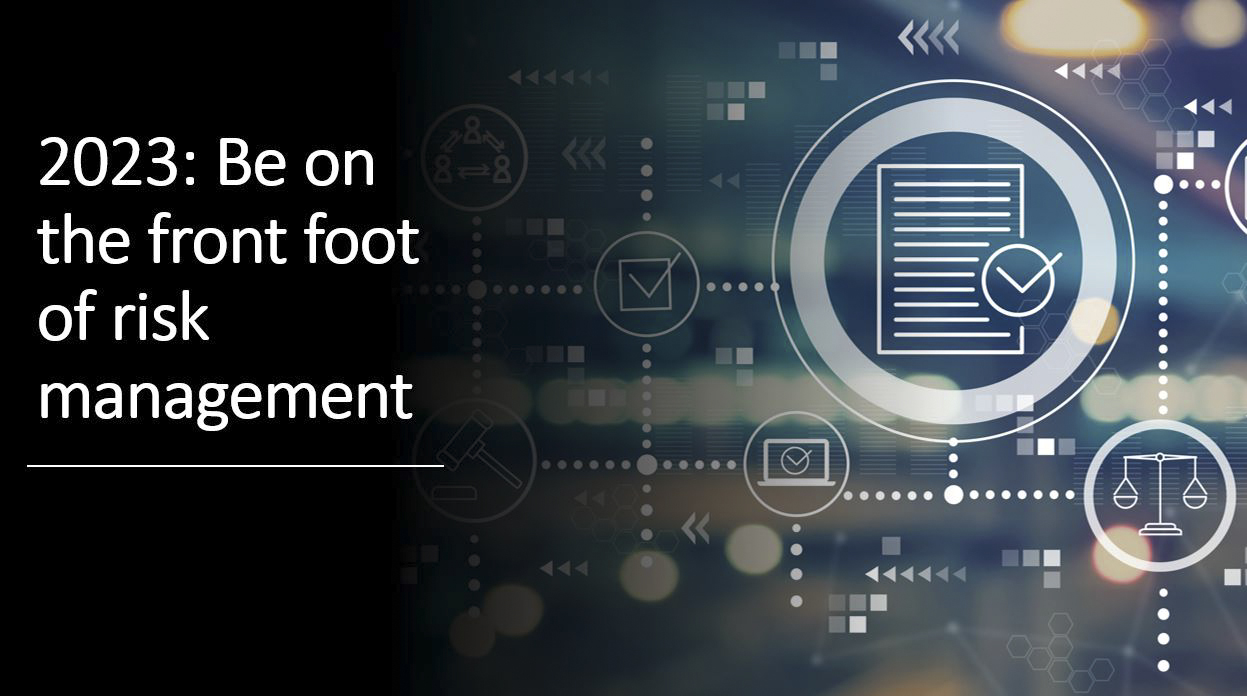A Confidential Information Memorandum (CIM) plays a pivotal role in any M&A transaction . It’s the cornerstone document that introduces the company, sets the tone for buyer discussions, and frames the...
Identifying politically exposed persons (PEPs) is a cornerstone of modern compliance, forming a key component of anti-money laundering (AML) frameworks and responsible corporate governance. PEP checks...
Regulatory risk management refers to the structured discipline of identifying, assessing, and mitigating risks linked to evolving laws, rules, and supervisory expectations. For organisations operating...
A transaction can unravel in seconds due to missed red flags, incomplete diligence, unreliable sources and more. In investment banking, the cost of blind spots is often reputational fallout, failed deals...
For investment banking analysts, due diligence often means long nights, endless tabs, and high stakes. The information must be right, and the timing must be perfect, which simply isn’t sustainable or attainable...

Change is one of the few constants in our “unprecedented age”. It has afforded a great deal of improvement in the professional world. However, it has brought with it increased complexity, risk and requires businesses, more than ever, to be on the front foot of innovation. Specifically, operations must be regularly reviewed and enhanced to bring them in line with compliance legislation and good working practice. While relationships built on trust are still fundamental to advanced business interactions, other transactional processes could not be conceived based solely on this notion in our modern world.
As a result, enhanced due diligence (EDD) is critical to guarantee secure business operations and reduce risk. An holistic approach to due diligence within a robust risk management framework will markedly reduce the outlying threats to your business and ensure full compliance with legislation.
Companies must ensure compliance to due diligence under the Money Laundering, Terrorist Financing and Transfer of Funds (Information on the Payer) Regulations 2017 (MLR 2017)
The National Crime Agency (NCA) predicts as much as £90 billion is being laundered through the UK every year 1 and according to government sources, the UK sanctioned more than 120 oligarchs with a global net worth in excess of £140 billion in 2022. 2
Following FATF guidance, companies should implement risk based EDD measures that reflect the specific risk that individual customers present. These should include:
- Obtaining additional customer identification materials
- Establishing the client’s source of funds or wealth
- Applying enhanced scrutiny to the nature of the business relationship
- Implementing ongoing monitoring procedures
While regulation in this space is mature and comprehensive, EDD is no longer just a compliance ‘necessity’. Big business has realised that such powerful data can help facilitate and drive business decisions, especially when due diligence data is combined with other existing or otherwise obtained data. With this data ingestion, one can begin to build a 3-dimensional view of the customer, partner, or other 3rd party. These advanced processes are now demanded by most executive boards as good practice.
Combining our data with predictive analytics, machine learning algorithms and other AI, LexisNexis will power your due diligence procedures. helps firms to gain an understanding of the risks in their supply chain by surfacing insights from across our broad range of data. With our News data, PEPs and sanctions data, Legal data, Company and ESG data we can help firm to gain an understanding of the risks in their supply chain or business relationships.
This authoritative data model enables more effective and efficient due diligence when vetting and onboarding new suppliers and helps firms to become more resilient against increasingly common supply chain shocks.
1 https://www.mortgagefinancegazette.com/market-news/blog-changing-demands-kyc-19-12-2022/
2 UK sanctions on Russia top £18 billion for the first time - GOV.UK (www.gov.uk)